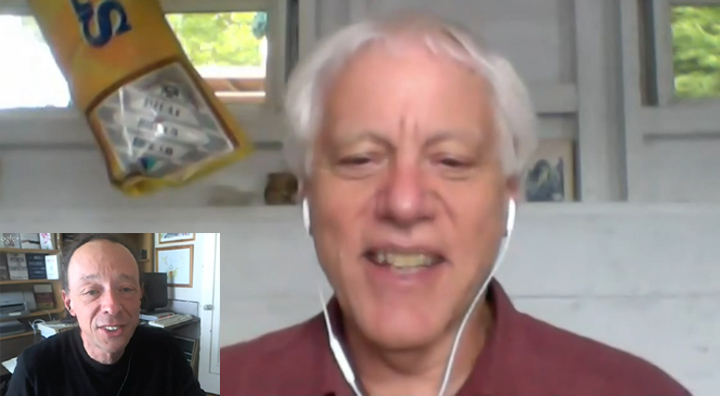|
|
|
Culture of Empathy Builder: Thomas Wartenberg
Links
Thomas
Wartenberg Responds to The Case Against Empathy by Paul Bloom (In Dialog
with Edwin Rutsch) Thomas E. Wartenberg is a philosophy professor at Mount Holyoke College. His main areas of active research are the philosophy of film, philosophy for children, and the philosophy of art.
(Video Transcriptions: If you would like to take empathic action and create a transcription of this video, check the volunteers page. The transcriptions will make it easier for other viewers to quickly see the content of this video.)
Video Bookshelf: Thomas E. Wartenberg Thomas E. Wartenberg, professor of philosophy at Mount Holyoke, discusses his most recent book, "A Sneetch is a Sneetch and Other Philosophical Discoveries," which uses the narratives of children's picture books to introduce adults to the basic tenets of philosophical thinking.
|
|||||||||||||||
|
||||








